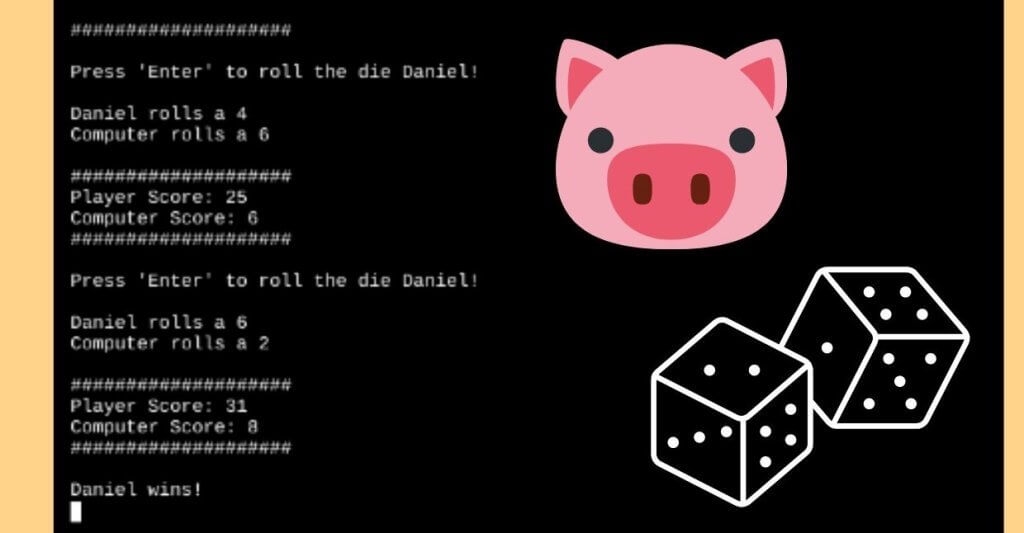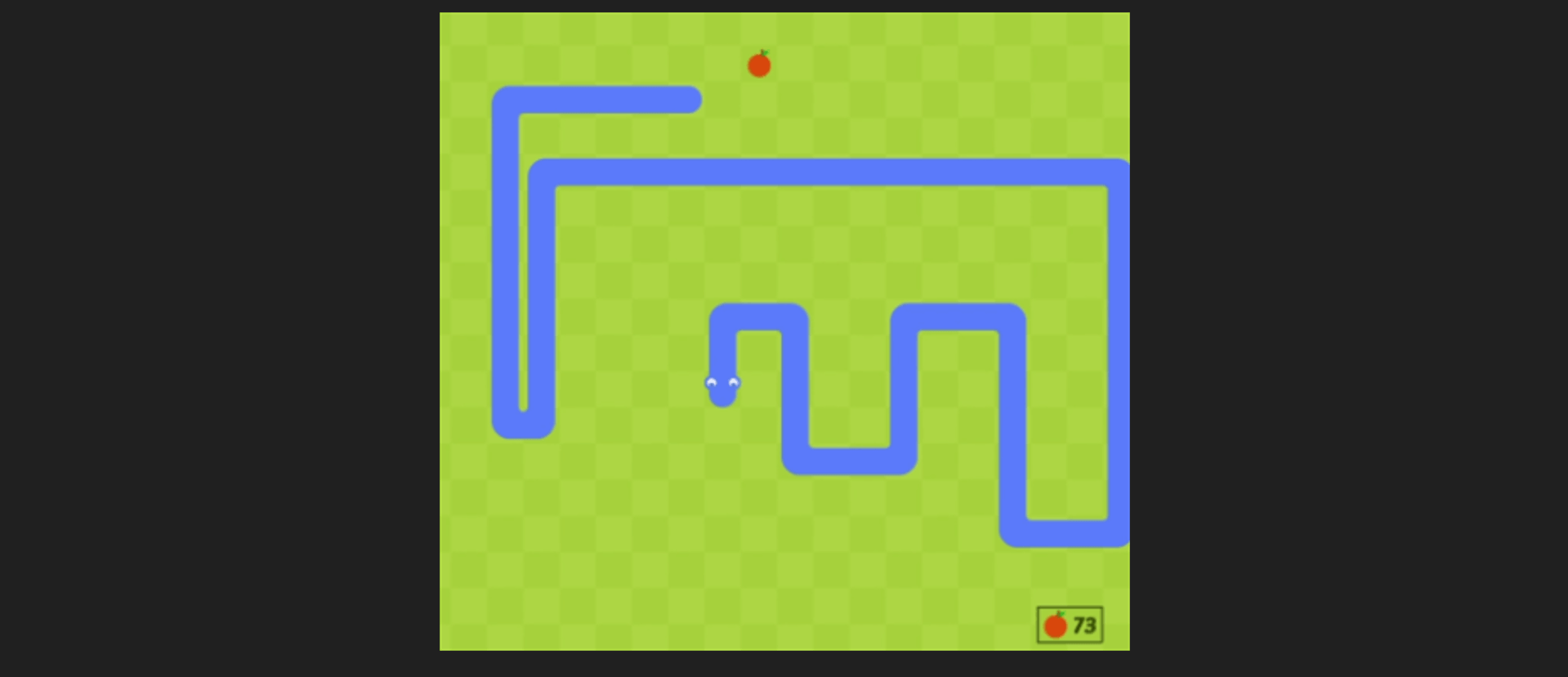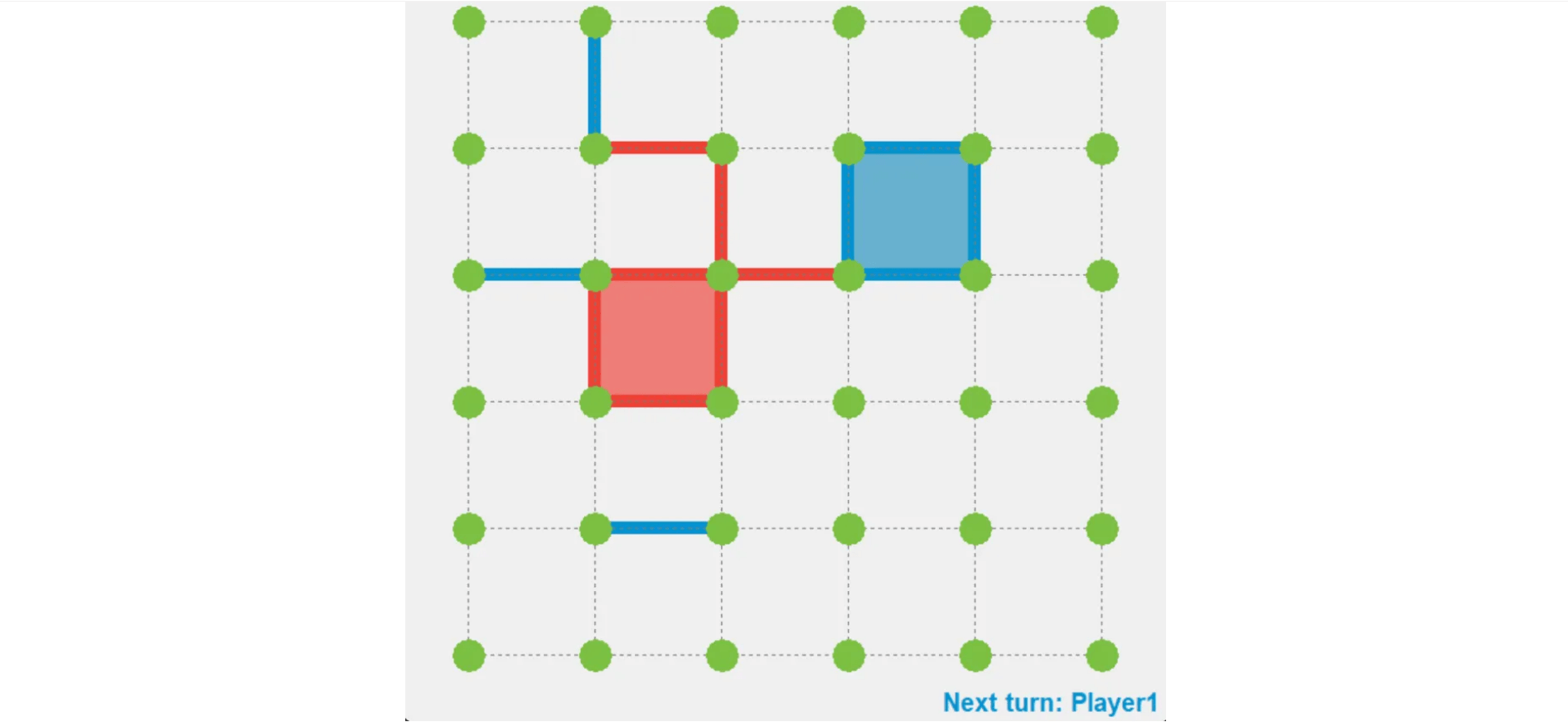While there are many different coding languages out there, few make as great of a starting point as Python for kids. In part, that’s because it is a fairly easy coding language to pick up. It’s also because it’s a powerful and flexible language. It can be used for a wide variety of projects, including some really fun Python games for kids!
That’s really useful because while it’s technically possible to learn a coding language by memorizing all its different parts, it is far easier and way more fun to learn Python by working to build your own project.
Working through real problems and finding real solutions engages kids’ brains in ways that simple rote memorization just doesn’t. As Brian Tracy puts it, “Goals are the fuel in the furnace of achievement!”
There are several platforms that utilize gamification to teach Python. Sometimes it can be more helpful to simply choose a project you want to work on and jump right in!
If your child is just beginning their coding journey, coming up with a project idea that is both engaging enough to hold their attention and simple enough to be feasible can be tricky.
That’s why we’ve organized this list of 10 fun Python games for kids to code and play themselves.
10 Fun Python Games for Kids
All games on this list were created using Python but they vary in how well the coding process is explained. Some of them have detailed step-by-step tutorials. Others lean more heavily on their student’s ability to do research on their own. Even so, any of these Python games could make a great coding project for kids learning to code!
1. Pig Dice Game

Pig is a simple dice game played with a single die. Players take turns rolling the die to increase their score, and the first person to 30 wins. But watch out, if you roll a 1, you have to start over!
This is a perfect project for a beginner to tackle. The game itself only explores basic Python concepts like setting variables and generating random integers. Also, the Python code is very well documented in this tutorial.
The code for the Pig Dice game doesn’t need elements from any external libraries, either. So, it’s a great game for kids looking for a beginner Python Project.
2. Traffic vs. Zombie game
The Traffic vs. Zombie game is essentially a clone of popular games like Frogger or Crossy Road, but built with Python. The tutorial breaks down the entire game-building process from start to finish. The article starts out with a great explanation of why you might choose to make a game using Python code. Even if your kid chooses a different game to build, the article is worth a read to get some inspiration!
This project is helpful for learning about skills like taking user input and coding collision logic. The end project is a great-looking game that doesn’t require a ton of advanced coding skills. This makes it perfect for kids early on in their coding journey!
3. Rock Paper Scissors Game
Rock, Paper, Scissors is another classic game of chance and skill that can be replicated using Python. This project allows players to challenge the computer to throw hands. At the same time, they learn about accepting player input and using loop functions.
Play Rock, Paper, Scissors Game
4. Asteroids Game
Asteroids was one of my favorite games when I was a kid. I ended up playing different versions of it throughout my childhood. Taking it on as a Python project is a larger undertaking than some of the other games on this list. However, the end result is a game that your kid can be proud of!
The Asteroids project is a bit more complicated than some of the others, but the tutorial is detailed enough to follow along.
As an added bonus, the Asteroids game tutorial also makes use of the Pygame library. It’s a popular library used in the making of many different Python-based games. Since so much of coding in Python requires the use of libraries, learning how to use them well is an important coding skill.
5. Color Game
The rules of Color Game are pretty simple: type the color you see, not the name of the color that is written. However, it’s way trickier than it sounds at first because it challenges your logical brain to rely on your ability to sense color while ignoring the words you read! Luckily, coding the game is a lot more straightforward than playing it is. If your kid needs a little help making this project work, the code for a working version of Color Game is well-documented on its tutorial page.
This game is a great way to explore skills like changing the colors of elements using Python code and adding a countdown timer to a project.
6. Tic Tac Toe Game
There are few games as iconic as the classic game of Tic Tac Toe. It’s a battle of wits between two competitors, played out on a 3×3 square grid. The main goal is to place 3 of your own markers in a straight line before your opponent can do the same.
This particular tutorial helps young coders to build a tic tac toe game that can be played either against the computer or against a second human player if you’re looking for a multiplayer experience.
Tic Tac Toe is a perfect project for teaching how to use Python code to check if specific conditions have been met or not, and allow or disallow user inputs based on the results of that check. It is a little more complex than some of the other projects on this list, but a ton of fun to code, and even more to play!
7. Snake Game

In the era before smartphones, I’m afraid that I logged an embarrassing number of hours playing the game of Snake. And now, thanks to the power of Python, so can your kid!
For those who are unaware, Snake is a game where the player moves a snake across their screen on a mission to eat as many apples as possible without accidentally biting its own tail. Each apple makes the snake’s tail longer, and therefore more difficult to avoid.
Snake is a great game for practicing setting and checking xy coordinates using Python. The tutorial for this game is a bit less in-depth than some of the others on this page, but the entirety of the code is there in case your kid needs some help.
8. Dot Connect Game

The Dot Connect game is another classic pencil-and-paper game. It gets a whole new electronic lease on life through Python coding.
The code for this one lays out a 9×9 grid of dots for two players to draw their lines on, one at a time. Players score points by completing squares and the game ends when there are no longer lines to draw on the grid.
It’s a surprisingly strategic game for such a simple concept. It is a great way to learn more about using Python to check for objects within set distances.
Like with the Snake game, the code is all listed out for your kid to see. However, there’s not a lot in the way of guidance provided on the different lines of code. It’s a bit complex but makes a great coding project for motivated kids to do their own research.
9. Egg Catcher Game
In Egg Catcher, players move a basket back and forth and attempt to catch eggs falling from the sky. Where are these eggs coming from? From the code, of course!
Coders can see the source code for the game but will have to figure out what the different lines of code actually do on their own or with the help of a quick internet search. It can be a bit challenging as a first project, but with a little practice, reading the lines of code should begin to seem natural!
This a great project for learning how to make it look like objects are falling and for practicing with collision logic to check if the eggs were successfully caught!
10. Fidget Spinner
Fidget Spinner is slightly different from the other games on this list. While there is an interactive element to it, there’s not really a condition for winning or losing. The finished code ends up being more of a toy to play with than a game.
This project explores concepts of increasing and decreasing the speed of different elements based on the presence or lack of user input.
Of course, the real fun in learning to code the spinner is in getting to see the code you wrote working as intended!
Download 1-Week Python Lesson Plans
Kids ages 11-13 can start learning Python in a structured way. Download a FREE 1-week lesson plan with activities and slides. Enter your name and email to receive the free lesson plans in your inbox today.
Python Classes for Kids
Any one of these fun Python games for kids would make a great project to work towards at the beginning of a Python coding journey. However, it should be noted that learning Python on your own can be significantly more difficult than learning from a live teacher who already knows how to code.
That’s what’s so great about CodeWizardHQ’s Python classes for kids! The classes are done in a virtual classroom with a live teacher, so there’s always someone for kids to turn to when they need a hand. It really gives young coders a leg up and helps them learn how to code more effectively from the get-go, without needing to learn it the hard way.
Plus, CodeWizardsHQ’s classes cover a lot more than just coding in Python. They give students a wider, more well-rounded picture of what coding looks like in the real world.
If you’re interested in providing your kids with the best possible coding education around, I highly recommend enrolling them in CodeWizardsHQ’s Python classes for kids.
